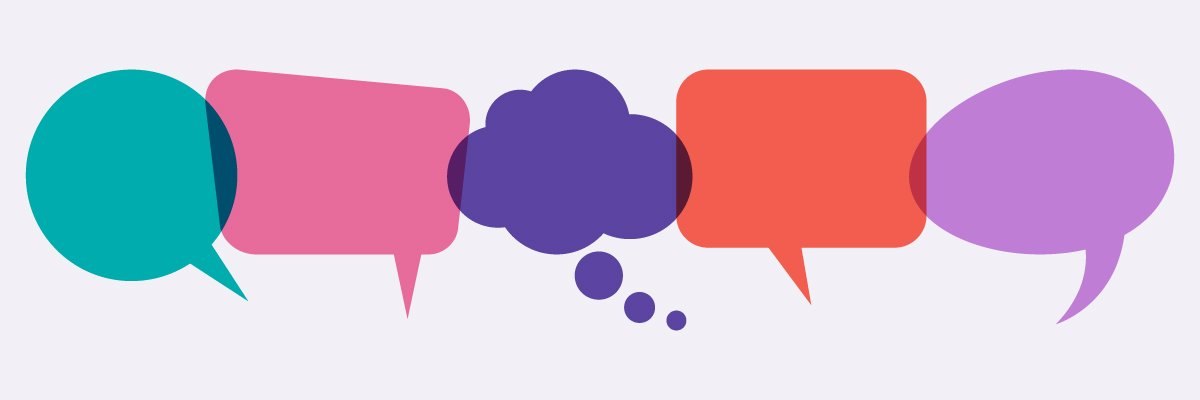Can you tell the difference between real news and fake news? Around two thirds of Americans are “very” or “somewhat” confident that they can (65%).
We asked YouGov Chat users to tell us how they personally sort truth from fiction. You can share your views on fake news here.
Here’s some of the advice they had to offer.
Always check the sources.
- “I use credible sources, I check multiple sources, I use primary sources.”
- “If something sounds off, I research it. I try to find actual video footage online or articles that elaborate things that might have been taken out of context. I don't trust the media to give me unbiased truth.”
- “I have read up on ways to tell the difference between sources & I cross reference ALL sources.”
Be wary of wording.
- “I do thorough cross checking, research,etc. I also know certain 'groups' use certain phrasing, terminology, etc.”
- “The media uses terms like ‘people assume’ or ‘might have said’.”
- “I also recognize common tropes and exaggerations that over-simplify the issues or present them in a way that shows the intent to provoke strong emotions from readers.”
Avoid getting your news from social media.
- “I read and watch real news everyday [and] I don’t get my news from Facebook or any other social media.”
- “I try to get new from multiple credible sources instead of just Facebook. Because Facebook is the f*****g worst.”
- “I do not rely on social media for news. I look for excellent newspapers and NPR.”
Check news from across the media spectrum.
- “I am extremely well informed and read the Washington Post, New York Times and Wall St. Journal daily.”
- “I watch what Fox puts out, then check the bullshit CNN and MSNBC are spouting, then I watch independent journalists talk about it.”
- “I read European and Asian news too.”
But not all users had suggestions about how to tell the difference between fake and real news. For many Americans, you’ve either got it or you don’t.
- “I have a mind that doesn't take what I hear for granted and I study all views of a subject.”
- “I can recognize signs of fake stories, without references.”
- “I have common sense; a dangerous quality, depending on who you talk to.”
We also asked Chat users to tell us the last news story that they believe to be fake. Here are some of the stories they picked.
- “COVID-19 is caused by 5G.”
- “That anti-fascists had started the forest fires on the West Coast of the U.S.”
- “Michelle Obama didn’t give birth to her girls. My uncle posted it on - you guessed it - Facebook.”
- “The Democrats were saying President Trump called US WWII Veterans losers.”
- “Trump saying he lied about Covid-19 dangers to keep panic down.”
- “That Russia isn’t involved in the 2020 election... completely fake.”
- “Biden leads in Battleground states.”
- “Lol the weather...it said it would rain all day only was 15% of rain.”
- “I don’t remember but when do I make money.”
--------------
Everyday, members of YouGov Chat are asked to share their opinion on a topic in the news. We allow anyone to take part in these chats, and do not display or weight results in real-time. Instead, to make the experience informative but still interactive, the chat displays weighted data from YouGov Direct to show them how the rest of the country voted. This enables us to pose the question to all, while retaining data accuracy and validity when communicating results.
YouGov Chat seeks to add to the ‘what?’ (the quantitative poll result) by finding the ‘why?” (qualitative open ends) in a member’s own words. Learn more about YouGov Chat here.











